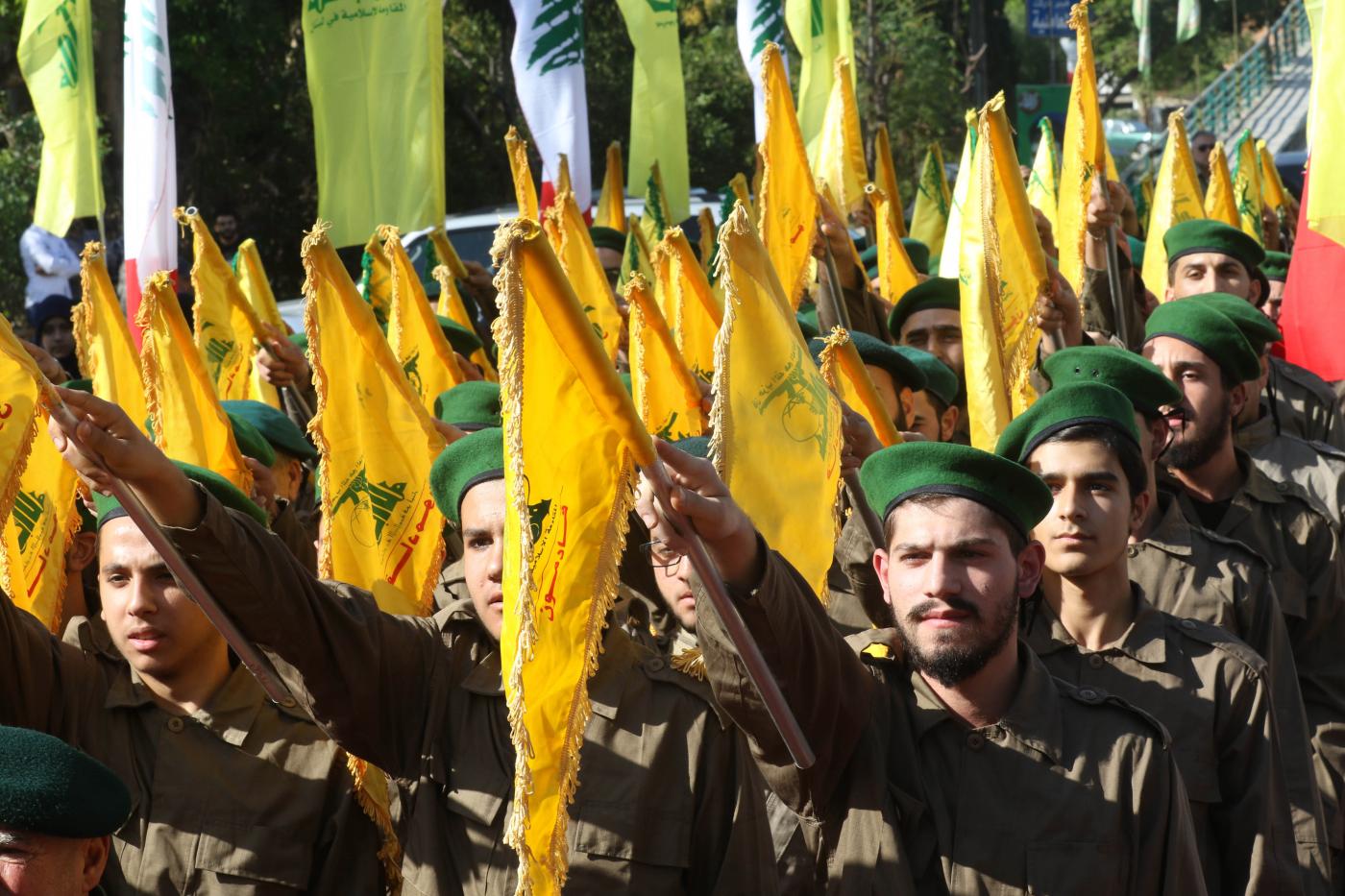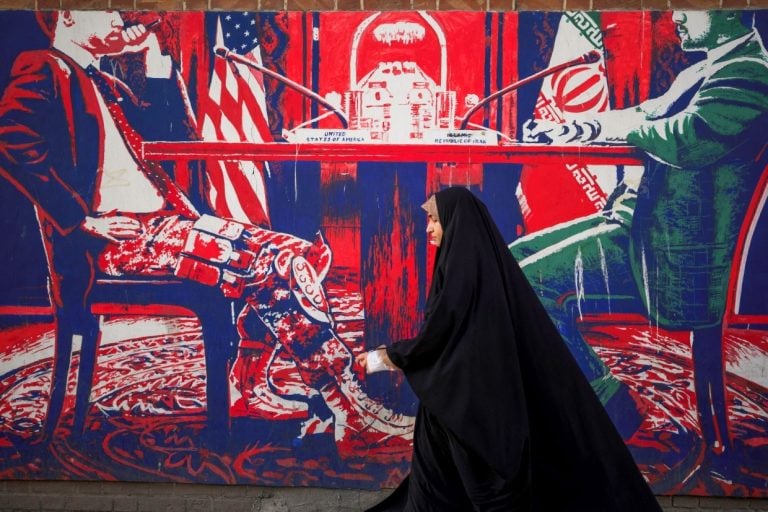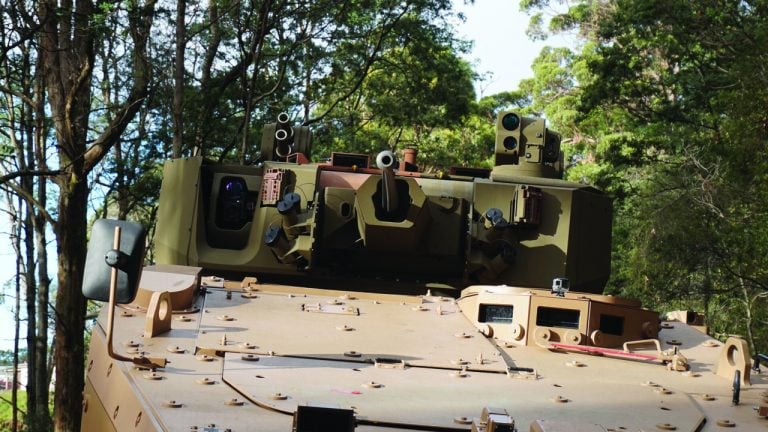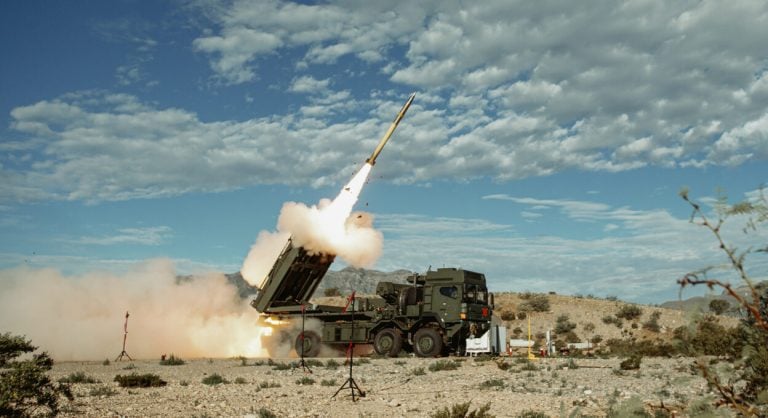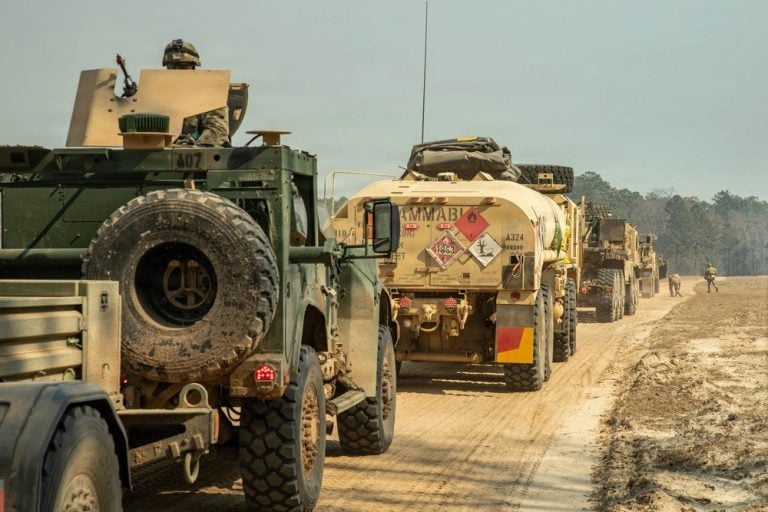Hezbollah’s deputy chief, Naim Qassem, has made a provocative statement regarding the Lebanese government’s intentions towards the militant group. In a televised address, Qassem accused the government of effectively “handing” Lebanon over to Israel by advocating for the disarmament of Hezbollah. He underscored the group’s commitment to maintaining its weapons, emphasizing they will not yield while what he describes as aggression and occupation persist.
Qassem’s remarks followed a meeting with Ali Larijani, a senior Iranian security official, highlighting Iran’s ongoing support for Hezbollah amidst the shifting geopolitical landscape. The group has experienced significant challenges since the recent conflict with Israel, which left it strategically weakened. Under considerable pressure from the United States, the Lebanese government has tasked the military with developing a strategy to disarm Hezbollah by the end of the year—a directive that has drawn sharp criticism from the group’s leadership.
The tensions exacerbated by this situation are set against a backdrop of Iran facing its own difficulties, particularly regarding its nuclear program, which was recently targeted by U.S. military action.
In his address, Qassem warned that the Lebanese government was responding to a directive influenced by American and Israeli interests, which he believes could spiral into civil unrest. He stated, “The resistance will not surrender its weapons while aggression continues, occupation persists…” further asserting that Hezbollah is prepared to confront what he calls the “American-Israeli project,” regardless of potential consequences.
Qassem’s rhetoric reflects a broader struggle within Lebanon regarding national sovereignty and the role of foreign influences, as he called on the government to resist capitulating to what he characterized as relentless aggression from Israel and greed from the United States. He urged a united front against foreign domination, signaling that Hezbollah remains steadfast in its commitment to its military capabilities and regional resistance.
